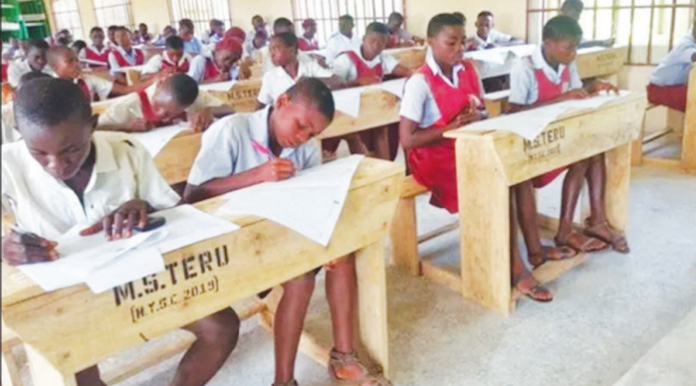WHEN Delta State Governor, Rt. Hon. Sheriff Oborevwori mounted the saddle on May 29, 2023, he was unequivocal in his desire to further develop the State. Based on this, he came up with an impressive policy thrust captioned the MORE Agenda, which translates to mean Meaningful Development, Opportunities for All, Realistic Reforms, and Enhanced Peace and Security.
To drive this vision, the Oborevwori administration acknowledged Technical Education as a critical tool for achieving its goals, recognising that promoting indigenous innovations and vocational skills is key to creating jobs, boosting local production, and ensuring that development is not only meaningful but sustainable.
To this end, the governor consolidated on the gains of his predecessor, who had earlier established nine technical colleges across the state, with renewed vigour to complete five more in Omadino, Akugbene, Ogharaeki and Kiagbodo, which are already at advanced stages of completion to empower young Deltans with practical skills to drive indigenous innovations.
Among other interventions, the state government created a dedicated Ministry of Technical Education to bridge the gap between classroom learning and practical skills acquisition among youths, being one of the few states in Nigeria, if not the only one, to institutionalise its commitment.
At a recent two-day workshop for principals and vice principals of technical colleges, which was held in Asaba, the state government further reaffirmed its commitment to promoting indigenous innovations to power sustainable development in line with the MORE Agenda.
According to the Commissioner for Technical Education, Hon Smart Ufoh, the state government is taking deliberate steps to transform the technical education landscape and reposition it to meet the demands of the 21st century, noting that the goal is to harness the creative potential of students, enable them to become self-reliant while developing innovative, cost-effective solutions to everyday challenges that improve quality of life.
Development across the world, no doubt, is promoted through indigenous innovations when communities create or adapt technologies, systems, or ideas to address social, economic, and environmental challenges. For instance, indigenous engineers in Nigeria and other parts of Africa have developed cassava processing technologies that improve efficiency and expand small-scale agribusinesses.
From Mexico, where native artisans use cochineal insects and local plants to produce natural textile dyes, to Peru, where farmers are reviving centuries-old Andean techniques to combat soil erosion and increase yields, and the Philippines, where saltwater lamps provide sustainable light for coastal communities, promoting development through indigenous technology remains indispensable.
In Delta, glimmers of homegrown talent have continued to emerge through the technical education fairs and project exhibitions organised by the Ministry of Technical Education. These platforms have showcased the creativity of students who have displayed impressive skills in carpentry and woodwork, welding and fabrication, electricity generation, as well as catering, fashion and textile design, among other innovative ventures.
It is therefore commendable that the state government continues to promote development through indigenous innovations while equipping young people with the skills needed for self-reliance and enterprise. At a time when unemployment is on the rise and white-collar jobs are increasingly scarce, such pragmatic investment in Technical Education stands out as both timely and strategic.
However, we urge stakeholders, especially principals and technical education tutors, to reciprocate the state government’s gesture by ensuring that students are properly groomed to become problem-solvers, job and wealth creators, and true entrepreneurs.
We also urge Deltans to embrace the government’s vision by making the most of the infrastructure and opportunities provided to advance Technical Education in the State because, in the long term, the success of this initiative ultimately depends on the willingness of citizens to participate, learn, and innovate.


